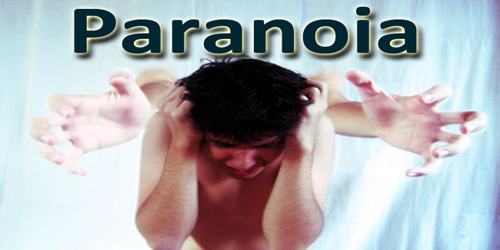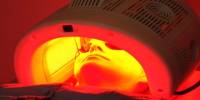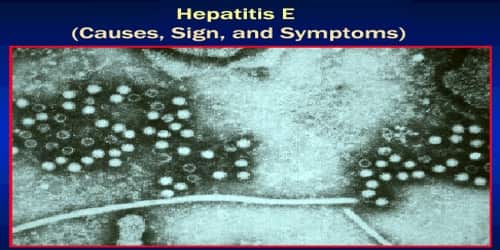Paranoia
Definition
Paranoia is a psychotic disorder characterized by systematized delusions, especially of persecution or grandeur, in the absence of other personality disorders. It is a state of mind in which a person believes that others are trying to harm them. Paranoia is distinct from phobias, which also involve irrational fear, but usually no blame. Making false accusations and the general distrust of others also frequently accompany paranoia.
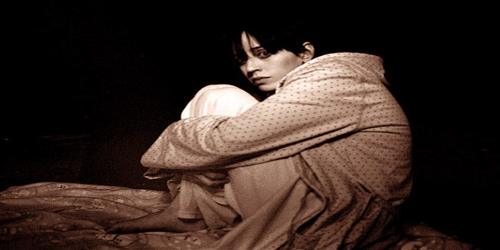
Paranoia has three main features:
- Intense fear or worry that something bad will take place
- Feeling that other individuals or causes outside the person are to blame
- Exaggerated beliefs or beliefs that have no support
Paranoia is a central symptom of psychosis. It is also a matter of personal tolerance for the individual that might be in conflict with psychiatric diagnoses. Paranoid people sometimes have an increased sense of self-importance, believing that many others are taking notice of them when it is not true.
Mild paranoid thoughts are quite common in the general population and tend to recover naturally. Long-term paranoia can be a symptom of a mental disorder or be caused by recreational drug abuse, dementia or other medical conditions that affect the brain.
Causes, Sign and Symptoms of Paranoia
The cause of paranoia is unclear but is likely to be brought about by major life events that cause a sudden increase in stress. Psychiatric conditions and mood disorders such as anxiety, depression and phobias can also trigger paranoia.
Paranoia is a symptom of several different types of mental disorders, including:
- Schizophrenia
- Schizoaffective disorder
- Anxiety disorders (i.e., phobias and generalized anxiety disorder)
- Depression
- Paranoid personality disorder
- Delusional disorder
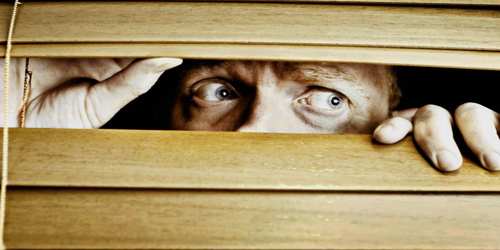
Other causes of paranoia include:
- Recreational drug use: Cannabis and amphetamine abuse often causes paranoid thoughts and may trigger an episode of psychosis. Other drugs such as alcohol, cocaine and ecstasy can also cause paranoia during intoxication or withdrawals.
- Neurological disease: Diseases such as dementia (including Alzheimer’s disease), Huntington’s disease, Parkinson’s disease or brain injury can cause paranoia.
- Severe trauma and stress: Some studies have found that paranoia is more common in people who have experienced severe and ongoing stress. This may include abuse in childhood, domestic violence, racial persecution or living in isolation.
A popular symptom of paranoia is the attribution bias. These individuals typically have a biased perception of the reality often exhibiting more hostile beliefs. A paranoid person may view someone else’s accidental behavior as though it is with intent or threatening.

People who experience paranoia may exhibit the following symptoms:
- Inability to trust others
- Being easily offended
- Trouble forgiving others
- Intense fear of being taken advantage of
- Inability to handle criticism
- Hostile, aggressive, or argumentative behavior
- Unwilling to compromise
- Being overly suspicious
- Viewing the world as a dangerous place in which they are under constant threat
- Belief in ‘conspiracy theories,’ which lack evidence or support
- Feelings of persecution
Most commonly paranoid individuals tend to be of a single status. According to some research there is a hierarchy for paranoia. The least common types of paranoia at the very top of the hierarchy would be those involving more serious threats. Social anxiety is at the bottom of this hierarchy as the most frequently exhibited level of paranoia.
Diagnosis and Treatment of Paranoia
Sometimes paranoia is diagnosed as part of other mental health conditions. Lifestyle changes that are recommended include regular exercise, sleeping well and taking measures to reduce stress. Avoidance of certain drugs and alcohol can also help reduce paranoia as these can trigger paranoia.

Treatment for paranoia depends on the underlying cause and may include treatment with psychological therapy or medication. Stopping the use of alcohol or recreational drugs can be the first step and may solve the problem altogether.
Psychotherapy (including cognitive behaviour therapy) can be helpful for mild cases of paranoia or paranoid personality disorder. This can help a person to develop insight into the condition, cope with symptoms of paranoia and develop a more realistic view of the motives of others.
Reference:
